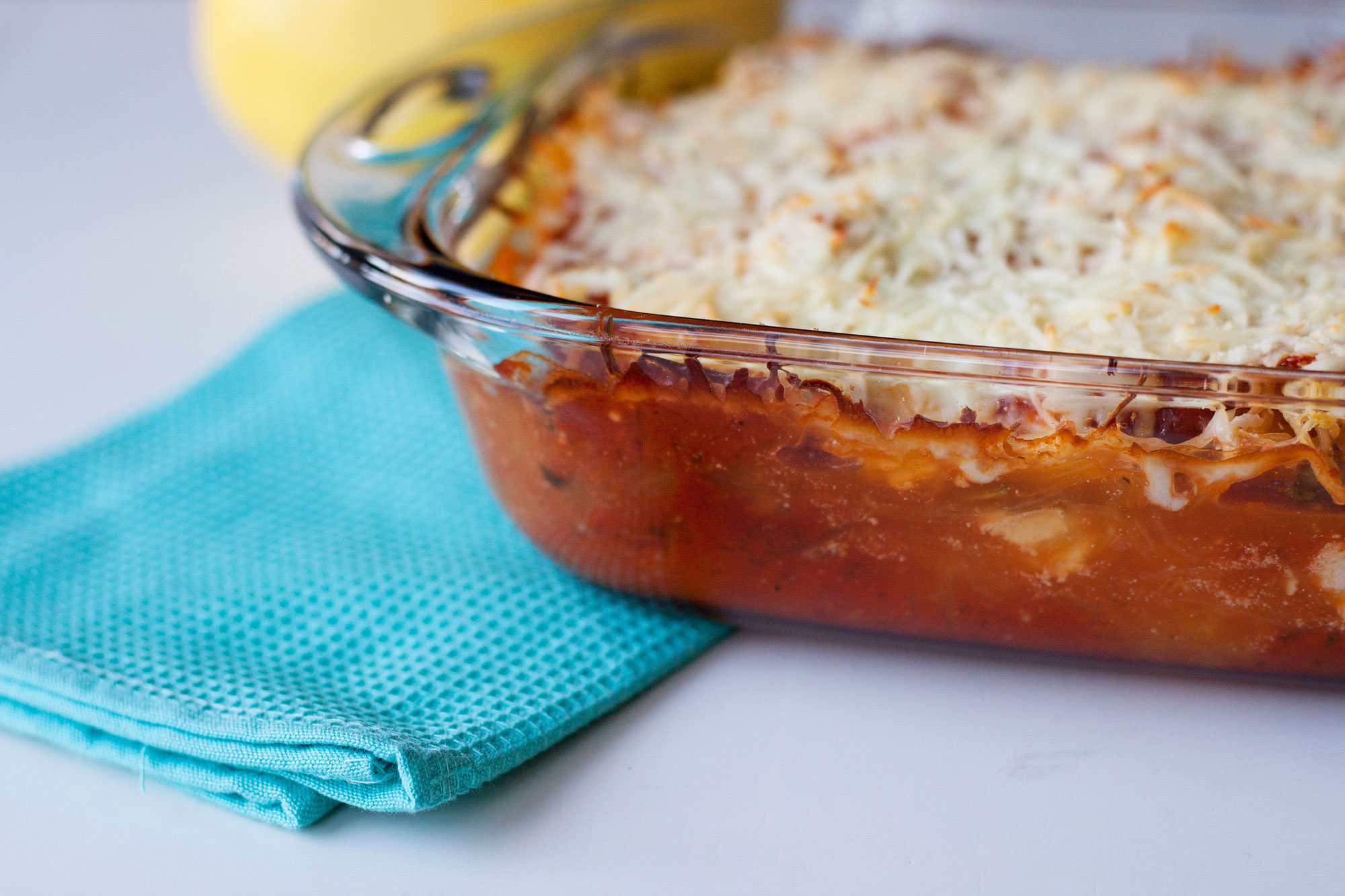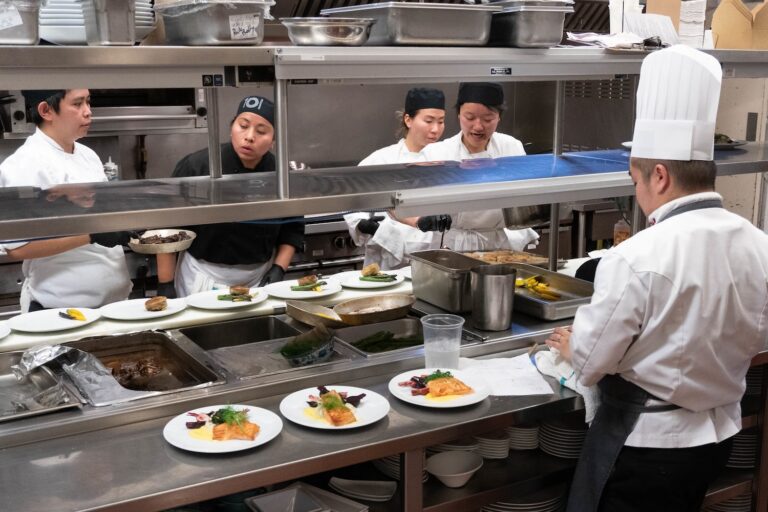Home cooking and family meals are challenges, not solutions
Prominent food gurus recommend that we cook from scratch and gather our families around the table each night. But knowing what’s good for us doesn’t necessarily mean we can do it.

Credit: Personal Creations/Flickr
Prominent food gurus recommend that we cook from scratch and gather our families around the table each night. But knowing what’s good for us doesn’t necessarily mean we can do it.
UBC sociologist Sinikka Elliott has studied this challenge. Her new book, Pressure Cooker: Why Home Cooking Won’t Solve Our Problems and What We Can Do About It, tells the stories of nine women who know how complicated it is to feed a family in 2019.

The women were among hundreds interviewed by Elliott and her co-authors, Sarah Bowen of North Carolina State University and Joslyn Brenton of Ithaca College, during a five-year study in North Carolina.
Why do so many people feel like they’re failing when it comes to food?
Since the 2000s, there’s been a ratcheting up of the moral messaging and expectations around cooking from scratch and making family dinners a priority. Some of the loudest voices are elite white men who speak from a position of privilege and sometimes benefit financially from their efforts to promote home cooking and get people back in the kitchen.
The message they give us can be really appealing, and maybe even empowering, because it says: “We can do this. We can commit to cooking. We can commit to assembling our family around the dinner table.” But we found this was hard for average families to pull off because a lot goes into feeding a family. And they had many demands in their lives.
What has stuck with you from the time you spent with the families featured in the book?
I was awed by the amount of work that went into feeding families on very restricted budgets, whether it was clipping coupons, or strategizing in advance about the stores that had the best prices. One mother kept her coupons in a binder, organized by aisle, and was very systematic in walking up and down the aisles. Another had a calculator on her phone and calculated her total as she went. One mother used the self-checkout so she could monitor the total and decide near the end, which items to leave out.
Were they stressed out by anything other than money?
One thing that emerged as a big stumbling block was time. It was a huge issue for all families in our study, but looked different depending on economic resources and class backgrounds. For example, the affluent families had more control over their time but also a lot of demands on their time. People in poor families worked odd jobs with unpredictable hours, didn’t know their shifts until the night before, and then had to scramble to find transportation or child care. So they had little control over their time.
Your book’s title suggests solutions. What can we do about it?
I came away with a strong sense that individual solutions aren’t going to solve the bigger problems that families face. We need to stop asking families to do it on their own and start asking about ways that communities and policy makers can feel equally invested in feeding families. Research shows that families are healthier and happier in countries such as France and the Scandinavian states that really invest in families.
And what’s your advice for people who feel like they’re failing?
We need to uncouple the package deal that links home cooking and family dinners with being a good mother. If you’re feeling overwhelmed, put a frozen pizza in the oven or, if you have the resources, go out for a meal. While food is important for health, it isn’t the only thing that matters. Stress also plays a role. So keep food in perspective and realize that it’s not the only thing that matters for your family’s well-being.



